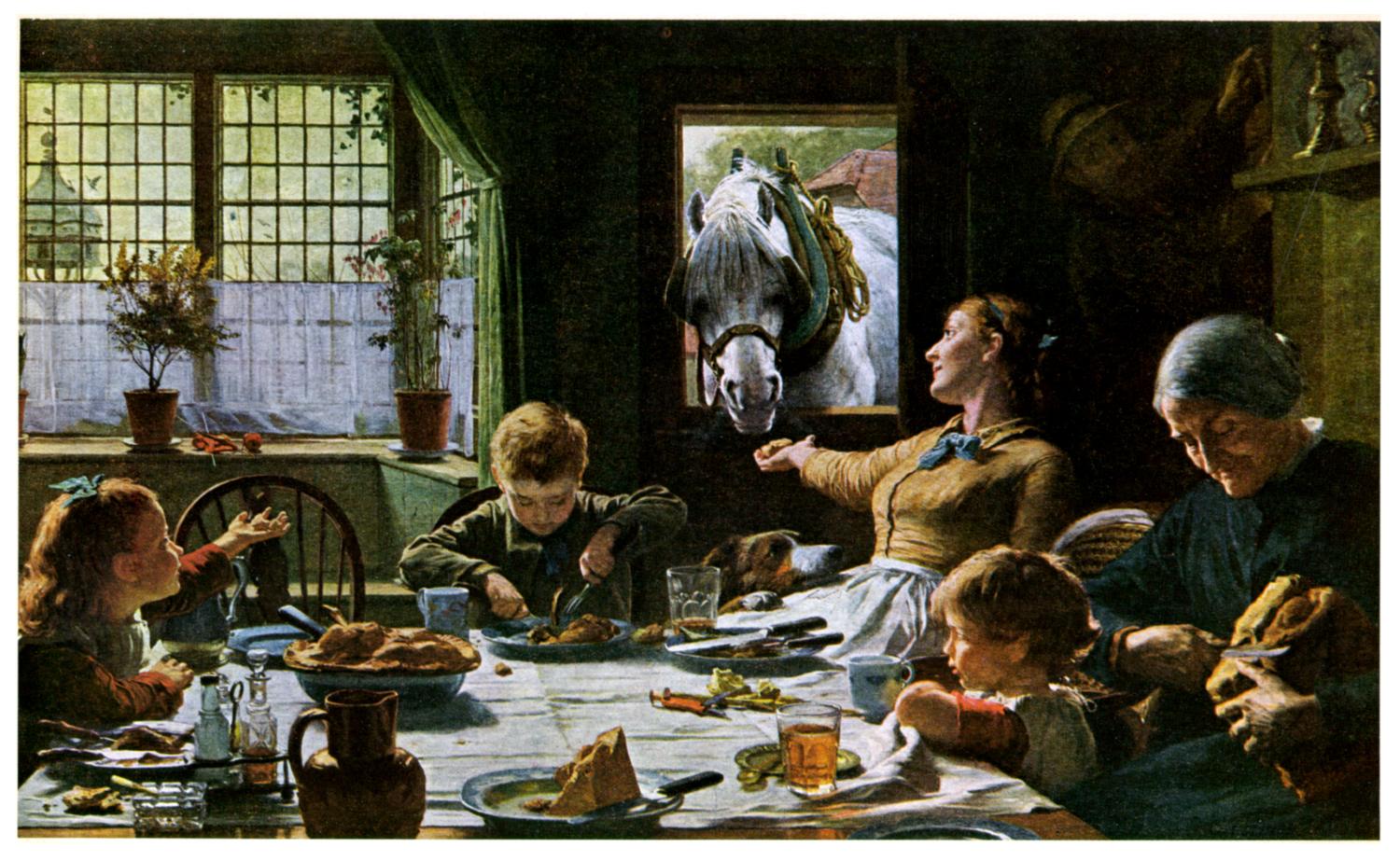Matt Yglesias has an astute piece noting some reasons for concern amongst progressives re: the long string of success their movement has enjoyed with regards to LGBT+ issues:
Login to read more
Sign in or create a free account to access Subscriber-only content.
